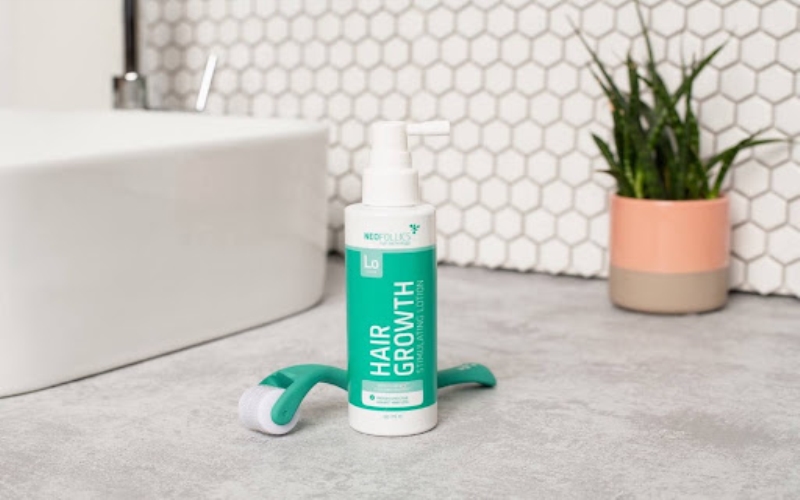Experiencing both a sore scalp and hair loss can be concerning and may indicate underlying issues affecting scalp and hair health. Understanding the potential causes and exploring effective solutions, such as a hair growth kit, is essential for addressing these issues and promoting healthier hair and scalp conditions.
Sore scalp and hair loss can result from various factors, including scalp conditions, hormonal imbalances, nutritional deficiencies, stress, and genetics. Scalp conditions such as seborrheic dermatitis, scalp psoriasis, and scalp folliculitis can cause inflammation, itching, and soreness, leading to hair loss if left untreated. Additionally, excessive tension on the scalp from tight hairstyles or hair treatments may contribute to scalp discomfort and hair loss over time.
Can hormonal imbalances impact hair growth?
Hormonal imbalances, particularly fluctuations in androgen levels, can also impact hair growth and scalp health. Conditions such as androgenetic alopecia (male or female pattern baldness) and hormonal changes during pregnancy or menopause may lead to hair thinning and scalp sensitivity. Nutritional deficiencies, particularly of essential vitamins and minerals like iron, vitamin D, and biotin, can weaken hair follicles and contribute to hair loss and scalp discomfort.
Moreover, stress and anxiety can trigger scalp inflammation and exacerbate hair loss conditions. Chronic stress may disrupt the hair growth cycle and lead to increased shedding, while tension headaches and scalp tension from stress can cause scalp soreness and discomfort. Genetics also play a significant role in hair loss, with hereditary factors contributing to conditions such as male and female pattern baldness.
How to address a sore scalp?
Addressing sore scalp and hair loss requires a comprehensive approach that targets the underlying causes and promotes scalp and hair health. A hair growth kit can be an effective solution, offering a combination of products designed to nourish the scalp, strengthen hair follicles, and stimulate hair growth. These kits typically include shampoos, conditioners, serums, and supplements formulated with key ingredients like biotin, vitamins, minerals, and botanical extracts known for their hair-strengthening and follicle-nourishing properties.
Incorporating a hair growth kit into a daily hair care routine can help alleviate scalp discomfort, reduce hair loss, and promote healthier, thicker hair growth over time. Additionally, adopting scalp-friendly practices such as gentle scalp massage, avoiding harsh chemical treatments, and maintaining a balanced diet rich in essential nutrients can further support scalp and hair health.
Conclusion
In conclusion, understanding the factors contributing to sore scalp and hair loss is crucial for finding effective solutions and promoting optimal scalp and hair health. By addressing underlying causes and incorporating a hair growth kit into a comprehensive hair care regimen, individuals can take proactive steps toward healthier, stronger hair and a more comfortable scalp.

